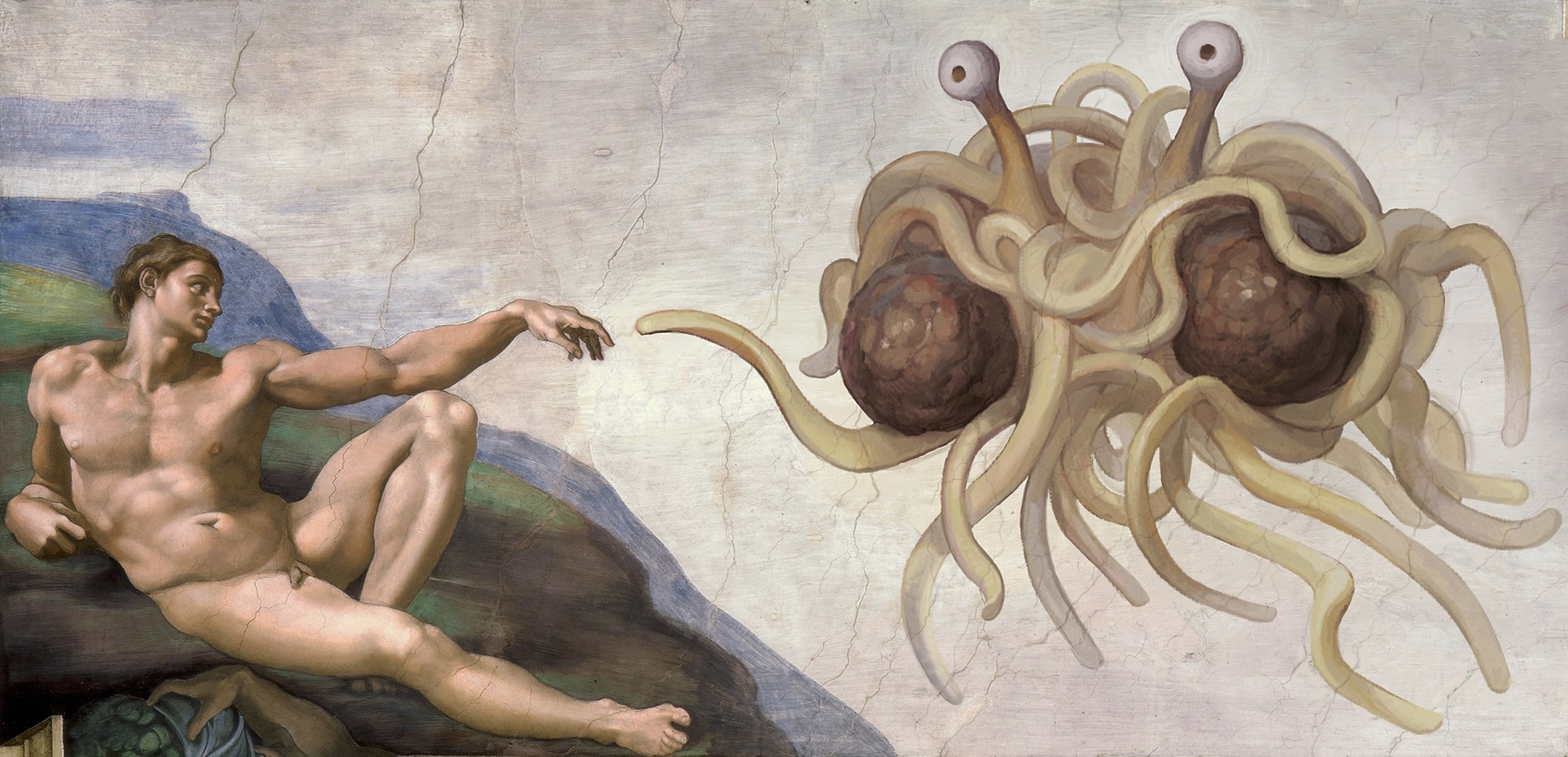de Wilde v. the Netherlands, ECtHR (Fourth Section), N. 9476/19, 9 November 2021

In October 2016, Hermina Geertruida de Wilde, a Dutch citizen, renews her driver's license and identity card and presents to the relevant office an identification photo showing her with a colander on her head. She declares to adhere and follow the religion of Pastafarianism (Flying Spaghetti Monsterism), which requires her to wear such "sacred" headgear even in official documents. As a follower of the Church of the Flying Spaghetti Monsterism, she believes to be entitled to an accommodation. On the one hand, Dutch law obliges people to appear bareheaded in their identity documents but, on the other hand, provides for an exemption for religious, philosophical or medical reasons.
Ms de Wilde's request was, however, rejected.
Having exhausted all the domestic remedies and submitted her application to the European Court of Human Rights, the claimant alleges a violation of Article 9 (freedom of religion or belief), read alone and in conjunction with Article 14 (non-discrimination) of the European Convention on Human Rights.
The Court, unanimously, acknowledges that the Dutch Administrative Division has noted that Pastafarianism lacks seriousness and cohesion, characteristics that are necessary to attract the protection of Art. 9 ECHR. The Court, unanimously, does not depart from this conclusion.
To sum up, according to the Strasbourg jurisprudence, Pastafarianism is not a "religion" or a "belief" within the meaning of Article 9 ECHR. Therefore, “the wearing of a colander by adherents of Pastafarianism cannot be regarded as a manifestation of a 'religion' or 'belief' within the meaning of Article 9, even if the person concerned claims that he chooses to do so out of genuine and sincere conviction” (para. 54).
(Comment by di Tania Pagotto)

